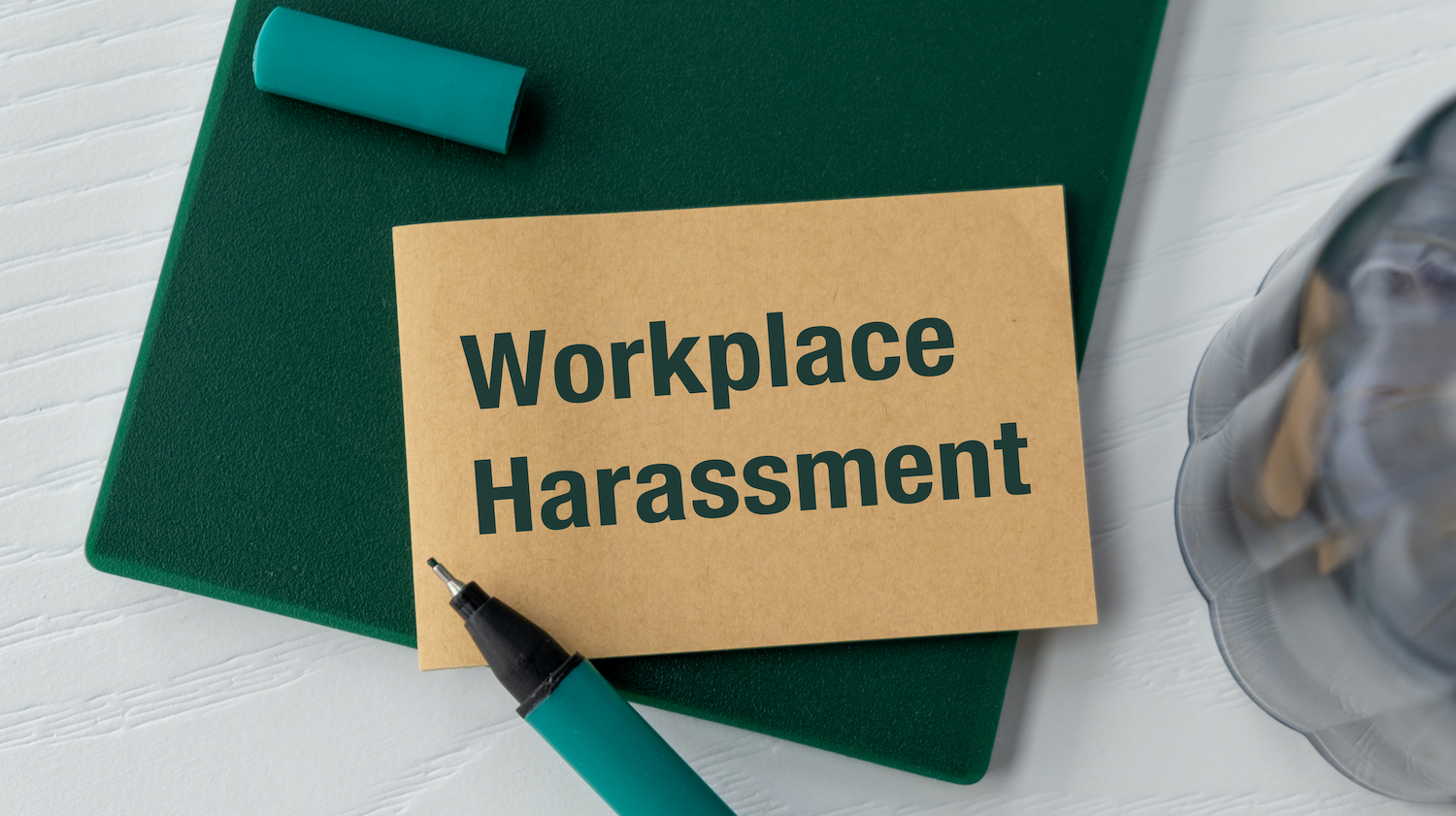
Pride Month: cancelling the culture wars
Trowers & Hamlins’ Danielle Ingham explores how construction employers can support a trans-inclusive workplace where different views are protected
The cultural debate currently being played out in the media can leave many employers wondering how to approach issues relating to gender identity and trans rights.
References to "woke" views and "identity politics" do little to discourage conflict. Employers often feel worried about saying and doing the wrong thing.
This can feed into a cycle of negativity when, instead, the road to greater inclusion should be filled with positivity.
Pride Month is a great time for employers to review their own practices and consider ways to build a more inclusive culture.
Where to start?
The best place to start is usually with transparent conversations around gender identity and the practical issues that can arise day to day.
On one hand, employers need to know how to treat trans employees fairly, while also ensuring that conflicting beliefs and employee relations are managed.
It’s a fine line, and one that employers have to tread with caution, which is why transparency is key.
Developing an accessible policy on gender identity and trans inclusion is a useful first step, even if there are currently no transitioning employees in the workplace.
Deciding what the policy should look like (see boxout) will in itself provide an opportunity for inclusive discussion and for employees to feel that they are being heard and valued.
What practical areas should the policy cover?
Recruitment and record keeping
The policy can detail the employer’s approach to inclusive recruitment practices and provide guidance for employees sharing information regarding gender identity.
Gender reassignment and any information relating to an individual’s gender history will constitute special category data under the Data Protection Act 2018 and should be dealt with in accordance with relevant legal parameters.
Support for trans employees
Bearing in mind that each individual journey will be different, the policy can still outline general principles and signpost areas for further discussion – for example, use of names and preferred pronouns, communications with other employees and stakeholders, dress codes, use of toilet/changing facilities and time off for medical procedures or sickness.
Many employers will then look to agree individual “transition plans" to tailor support to employees’ personal circumstances and preferences. The policy can also make employees aware of other avenues for physical, mental and emotional support during the transition process and beyond.
Raising concerns
To confirm the employer’s commitment to equality, diversity and inclusion, the policy should inform employees about how to raise concerns about issues in the workplace.
The Equality Act 2010 specifically protects employees against discrimination because of gender reassignment. For these purposes, gender reassignment is treated as a personal process rather than a medical one, meaning that employees can be at any stage in their transition and do not need to have undergone medical treatment to qualify for protection.
Although employers would hope not to be in the position of receiving complaints of discrimination, it is important to reassure employees that any concerns will be dealt with fairly and promptly.
What about conflicting views?
Employers will almost inevitably encounter employees who hold gender-critical beliefs – for example, that sex is a biological and immutable fact – which clash with the views of those who support trans rights.
The recent Employment Appeal Tribunal case of Forstater v CGD Europe and others held that gender-critical beliefs do, in principle, qualify for protection under the religion and belief aspects of the Equality Act 2010. That means employers have to balance these conflicting views sensitively and appropriately.
There may also be other employees who do not hold gender-critical beliefs but feel uneasy about working with trans colleagues and are unsure of how to act.
Equally, some trans employees will feel more comfortable than others when it comes to sharing information and engaging in topical conversations and debates with colleagues.
It is important for employers to recognise these differences by not taking a blanket approach to every situation, while still ensuring that risks are managed.
To avoid culture wars developing, employers need to be very clear in their policy around expected behaviours in the workplace and other relevant contexts, such as social media.
Employees should be made aware that, although they are fully entitled to hold their own personal beliefs, those views may not be shared by everyone and they will be expected to maintain a respectful and inclusive approach at all times.
A huge part of enabling an inclusive culture is actively listening to employees and adapting. Any policy implemented will require regular review and feedback to ensure it stays relevant and aligned to the needs of employees.
Employers can also demonstrate practical support by implementing specific training around gender identity and trans inclusion, which addresses the types of conflicts that may arise and takes learning points forwards in a transparent manner.
Danielle Ingham is a partner at Trowers & Hamlins.







